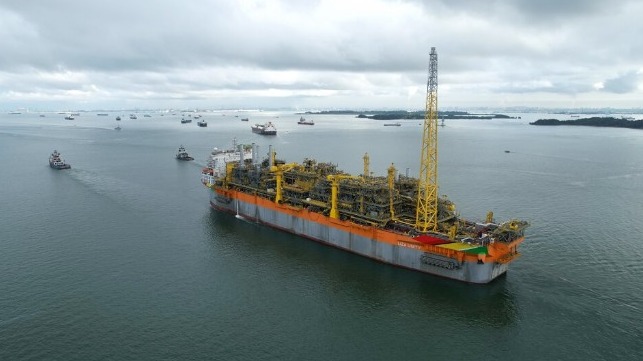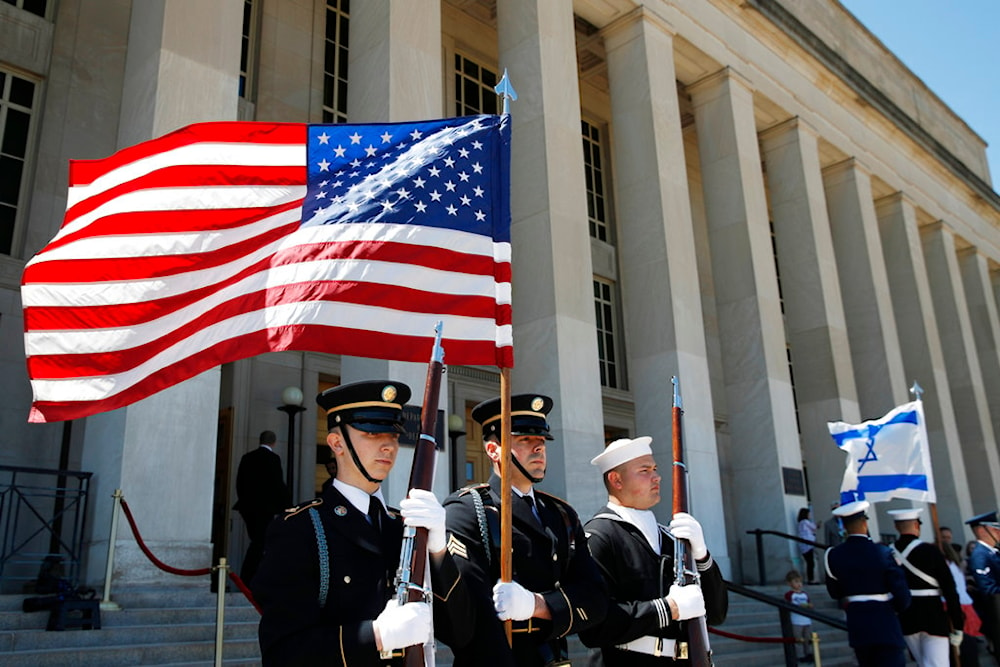Lloyd’s puts Guyana’s offshore sector on war risk list

With tensions rising on the border between Venezuela and the small state of Guyana, Lloyd’s Joint War Committee has added Guyana’s booming offshore sector to its list of high-risk areas, alongside known hot spots such as the southern Red Sea and the Black Sea.
In an update to its Listed Areas released on Monday, the JWC said it was adding Guyana, but only for calls at offshore installations within the Guyanese EEZ between the 12- and 200-mile line (beyond territorial waters). There is increasing activity in this region: ExxonMobil is developing several offshore oil fields in its prolific Stabroek Block lease area off Guyana and is deploying several FPSOs to ramp up production in the short term. Vessel traffic includes OSVs and large tankers docking at Exxon’s FPSOs to load crude.
Venezuelan President Nicolás Maduro has heightened tensions along the border by reaffirming old claims to Guyana’s Essequibo province. This region of undeveloped rainforest makes up two-thirds of Guyana’s land area but only a fraction of its population. It offers promising opportunities for oil and gold extraction, and Maduro has ordered Venezuelan state-owned extractive companies to exploit their opportunities in the region – on Guyanese territory.
The dispute dates back to colonial times, when Guyana was still called British Guiana. In 1840, British administrators chose a border west of the Orinoco and in 1899, under American mediation, concluded an agreement with Venezuela that formalized that border. Venezuela protested in 1966 and received a promise from Britain to discuss the matter further or refer the dispute to the UN. In 2020, the International Court of Justice agreed to take up a Guyanese case to settle the dispute once and for all.
Maduro claims the ICJ has no jurisdiction and he did not wait for the court case to be concluded. This year he held a referendum on whether Essequibo should become part of Venezuela. The result – Maduro’s authoritarian state reported – showed overwhelming support for the idea among the Venezuelan population.
The referendum was accompanied by minor military movements along the Venezuelan side of the border, raising concerns that Maduro might attempt military intervention. Although Venezuela’s armed forces are weakened by years of financial hardship, Guyana has little to no ability to resist a military attack and it has only a handful of maritime patrol boats to guard its waters.
Guyana’s President Irfaan Ali stressed that his government reserves “the right to work with all our partners to ensure the defense of our country.” The Biden administration has ordered a review of Venezuela’s military movements to better assess the likelihood of conflict.
Last week, a summit between Maduro and Ali seemed to calm the temperature somewhat. In a conference room at the airport in Kingstown, St. Vincent, the two men shook hands and agreed to resolve the dispute peacefully. They agreed that they disagreed on the issue of the validity of the ICJ proceedings, but noted Venezuela’s objections.



